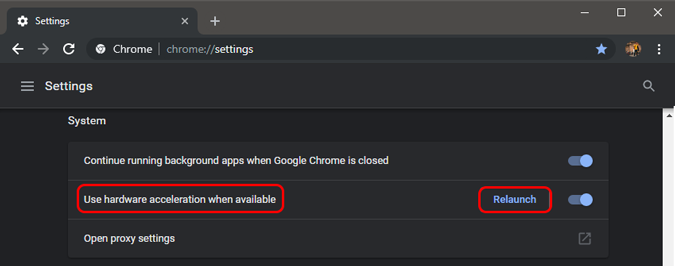

Rebellions will seek to participate in the government project in a consortium with KT Corp, a big Korean telecom, cloud and data centre operator, in the hopes of weaning Nvidia customers off the U.S. "But government incentives such as what's happening in Korea could well affect the market share within Korea." These startups have got to build momentum, so that will take time," said Alan Priestley, an analyst at IT research firm Gartner. "There's a lot of momentum behind Nvidia's developments. Sapeon Korea Inc also plans to participate in the project, the SK Telecom Co subsidiary said.įuriosaAI, backed by South Korea's top search engine Naver Corp and state-run Korea Development Bank, told Reuters it will also bid. Without such support, he said, data centres and their customers would likely stick with Nvidia chips. "The government is twisting the arm of the data centres and telling them, 'Hey, use these chips'," Rebellions' Park, a former Morgan Stanley engineer, told Reuters. In a country whose firms supply half the world's memory chips, the authorities want to create a market that can be a test bed for AI chipmakers, aiming to foster global competitors. Seoul will put out a notice this month for two data centres, called neural processing unit farms, with only domestic chipmakers allowed to bid, an official at the Ministry of Science and ICT told Reuters. While countries such as Taiwan, China, France, Germany and the United States have extensive plans to support their semiconductor companies, the South Korean government is rare in singling out AI chips for a concentrated push. ATOM, designed by Rebellions and manufactured by Korean giant Samsung Electronics Co, does not do training. Because it targets specific tasks rather than doing a wide range, the chip consumes only about 20% of the power of an Nvidia A100 chip on those tasks, said Rebellions co-founder and chief executive Park Sunghyun.Ī100 is the most popular chip for AI workloads, powerful enough to create - in industry lingo, "train" - the AI models.

Rebellions' ATOM is designed to excel at running computer vision and chatbot AI applications. "But it's not set in stone because AI chips can carry out different functions and there aren't set boundaries or metrics."

"It's hard to catch up to Nvidia, which is so far ahead in general-purpose AI chips," said Kim Yang-Paeng, senior researcher at the Korea Institute for Industrial Economics and Trade. The South Korean government wants to foster a domestic industry, investing more than $800 million over the next five years for research and development in a bid to lift the market share of Korean AI chips in domestic data centres from essentially zero to 80% by 2030.


 0 kommentar(er)
0 kommentar(er)
